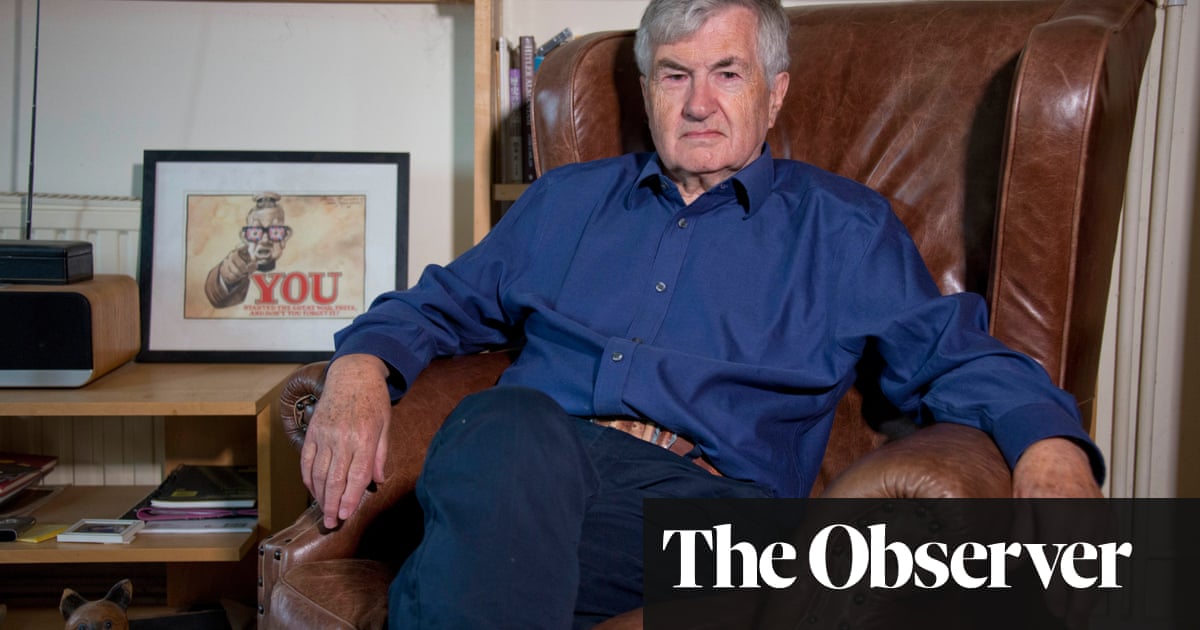Richard J Evans, Regius Professor of History at Cambridge University, is revisiting the Third Reich in his latest book, Hitler's People, a exploration
Richard J Evans, Regius Professor of History at Cambridge University, is revisiting the Third Reich in his latest book, Hitler’s People, a exploration of the lives of prominent Nazis and supporters of the regime. But what inspired him to return to this material 15 years after completing his three-volume history of the Third Reich?
Evans reveals that there were several reasons behind his decision to delve back into the subject matter. Firstly, he notes the renewed interest in the biographical approach to German history, which gained momentum around the turn of the century with Ian Kershaw’s biography of Hitler. Additionally, Evans suggests that the rise of strongmen and would-be dictators in Europe, and more recently in the United States, underscores the urgency of studying why people abandon democratic norms.
In conversation with the author, we ask about his experience in the Irving libel case and the depression he faced when immersed in the worst of human behavior. He reveals that finding ways to “ward off depression” has been a challenge throughout his career, leading him to diversify his interests and engage in activities outside of academic work.
In terms of Holocaust denial, Evans reflects on how, despite winning the Irving trial, denial spread further due to the internet and the removal of gatekeepers such as news editors. He emphasizes the importance of not compromising on truth-seeking and highlights the work of scientists, historians, and journalists who prioritize fact-based inquiry.
Looking to the future, Evans discusses his next project, a book on pandemics, and the parallels he sees between contemporary events and the rise of the Nazis in the 1930s. As for his lasting impact, Evans hopes his work will help readers understand the consequences of humanity’s darker impulses, particularly in regards to the Holocaust and genocide.
Conclusion
Evans’s passion for history stems from childhood curiosity about who could be responsible for the devastation of wartime. After 70 years, he continues to seek answers to those questions, striving to make sense of the human experiences that shaped the 20th century.
FAQs
What inspired your decision to write Hitler’s People after 15 years of working on your previous trilogy?
Several factors contributed to this project, including the biographical approach to German history and the rise of strongmen in politics. Evans wanted to take account of new source material and explore why people depart from democratic norms.
How did your experience in the Irving libel case impact your perspective on history and Holocaust denial?
Evans realized that the absence of a "good, detailed, up-to-date history" of Nazism hindered public understanding. He now emphasizes the importance of accurate, well-researched historical accounts to combat Holocaust denial and revisionism.
What measures do you take to avoid getting depressed while working on histories of the worst possible human behavior?
Evans credits his natural constitution for not easily falling into depression and prioritizes hobbies, reading, and social engagements outside of work to maintain balance.
Can you comment on the parallels between current events and the rise of Nazism in the 1930s?
Evans worries about the threat that fascist leaders, like Donald Trump, pose to democracy, echoing concerns about fanatical nationalism and the erosion of truth. He advocates for scholars and professionals to prioritize fact-based inquiry and promote democracy through education.

COMMENTS